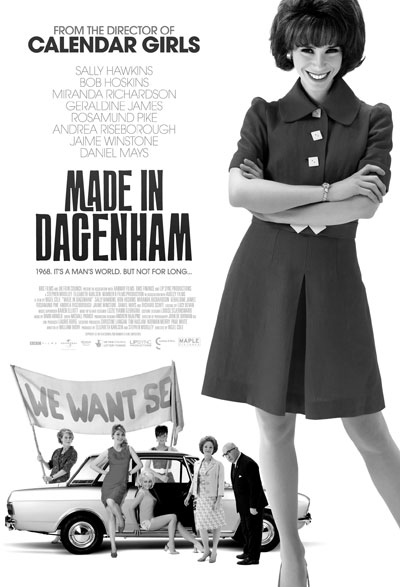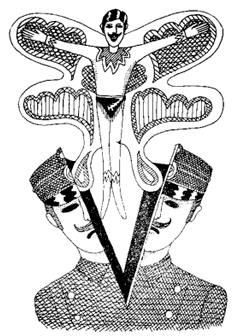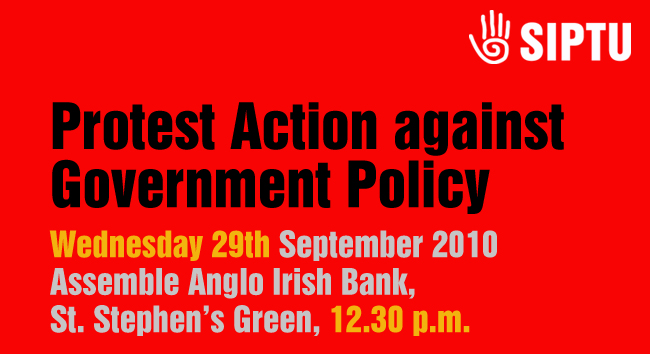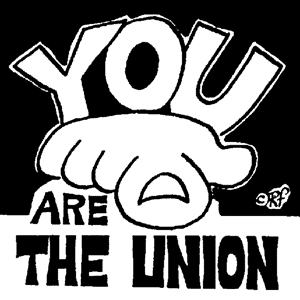Over 30 years of anarchist writing from Ireland listed under hundreds of topics
Workplace
Film Review: Made in Dagenham
 If you like ‘feel good’ films this is for you. Leaving a cinema feeling both entertained and optimistic is rare enough, and this film scores highly on both points.
If you like ‘feel good’ films this is for you. Leaving a cinema feeling both entertained and optimistic is rare enough, and this film scores highly on both points.
In 1968 there were 55,000 working at Ford’s massive plant in east London. One of them is machinist Rita O’Grady, who makes seat covers with 156 other women at the Dagenham factory. Thinking that women won’t cause trouble, management regrades them as ‘unskilled’.
The Belfast police mutiny of 1907
 During the 1907 Dock strike in Belfast there was a police mutiny involving 70% of the Belfast police. In this article John Gray argues that "When we look at the 1907 Dock Strike in Belfast and the police mutiny of the same year simple myths begin to evaporate. We find unskilled workers, mainly Protestant, fighting the employers, many their future leaders in the UVF, we find policemen, many Protestant, mutinying, we find the Independent Orangemen mustering hundreds of Protestant workers under a platform asking Protestants as Irishmen to play their part in the development of Ireland as a nation." The article is from Anarchy No 6, published in London in 1970
During the 1907 Dock strike in Belfast there was a police mutiny involving 70% of the Belfast police. In this article John Gray argues that "When we look at the 1907 Dock Strike in Belfast and the police mutiny of the same year simple myths begin to evaporate. We find unskilled workers, mainly Protestant, fighting the employers, many their future leaders in the UVF, we find policemen, many Protestant, mutinying, we find the Independent Orangemen mustering hundreds of Protestant workers under a platform asking Protestants as Irishmen to play their part in the development of Ireland as a nation." The article is from Anarchy No 6, published in London in 1970
Dublin protest to meet returning TDs
 September 29th sees the politicians return to 'work' after their summer holidays. We'll be there to meet them with our 'Make The Rich Pay' protest.
September 29th sees the politicians return to 'work' after their summer holidays. We'll be there to meet them with our 'Make The Rich Pay' protest.
HSE & Health Service National Partnership Forum payments - The cost of 'partnership'
Many trade union activists have known for years that “social partnership” comes at a huge price for union independence and the ability of trade unions to defend the interest of their members. The myth that government and employers on one side and workers on the other side have some form of common interest has been peddled for over twenty years. This has resulted in a trade union movement whose leadership seems incapable of independent thought and whose membership has been browbeaten into accepting pay cuts, ‘pension levies’ and various attacks on our working conditions and living standards over the past couple of years.
Perth Train Drivers forced to take wildcat strike action
Perth public transport system in Western Australia was brought to a standstill last Friday after 97 drivers rang in sick. Commuters suffered long delays and the much anticipated football match between Freemantle Dockers and Brisbane was disrupted by the action.
Haiku for the Trade Union Fightback 2009 - 2010
The er
Electricians at St James hospital strike against outsourcing
Technical Engineering and Electrical Union (TEEU) members at St James are on strike today against management breaking agreed procedures in out sourcing work that includes the resetting and repair of fire alarms. The electricians have already held two half day stoppages with todays actions following the failure to reach agreement at the Labour Relations Commission last week.
Bray: rally for Connolly Shoes strikers
MANDATE Trade Union is hosting a support rally for four of their members who were dismissed by their employer without any notice, just cause and without compensation. Their employer, Connolly Shoes in Dun Laoghaire has closed its doors to the workers so the union is hosting the rally at an another shop belonging to the employer, Connolly’s Footwear in Bray.
The rally will take place at Connolly Footwear, 2 Quinsboro Road, Bray, Co. Wicklow, at 1:00 p.m. Friday, 9 July 2010.
Faceless Resistance, Precarity and union organising - a reply to Andrew Flood
In Issue 1 of the Irish Anarchist Review, Andrew Flood put forward a critique ('Capitalist crisis and union resistance in Ireland') of two of the other articles in the same magazine, my article on Faceless Resistance and James R's interview with Alex Foti. His critique centers around the experience of the radical left in Ireland around workplace organising since the anti-globalisation movement and the experience of workplace activism since the economic crisis. In his article he attacks what he sees as an unbalanced concern with marginal sectors of employment on the part of the radical left since the turn of the century. He argues that the experience of the crisis shows that radical efforts to organise 'precarious' workers do not pay off. Instead, radicals should focus on organising where there is a greater chance of having a serious influence - i.e. within large mainstream trade unions.
After Croke Park: what to do now? - facing reality in our unions
In mid-June the Irish Congress of Trade Unions Public Services Committee voted to accept the ‘Croke Park deal’. ‘Social partnership’, presumed dead and buried when the government unilaterally imposed pay cuts on public sector workers in the December ’09 budget, was revived and given a new lease of life. But this is ‘social partnership’ with a difference. Instead of the union leadership believing that ‘partnership’ gives them some input into government policy (as they have wrongly thought for the past 20 years), all they can now offer in its defence is that this is the “least worst deal” and that “it’s better to be inside the tent than outside.”

